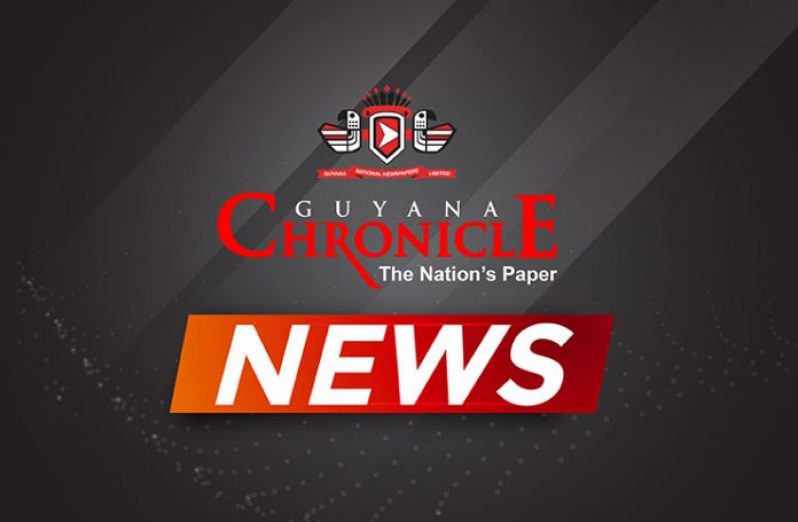A local survey conducted independently by The Consultancy Group (TCG) and a team of volunteers has found that managing public perception and socio-economic impact are essential factors in Guyana’s fight against the novel coronavirus, COVID-19.
The survey: “A Rapid Survey of Knowledge, Attitudes and Practices Related to Covid-19 in Guyana” included responses from 411 participants who were interviewed over the phone during March 28 and April 3, when Guyana first began recording cases of the virus.
Analysing the attitudes of persons towards COVID-19, the survey found that Guyanese largely displayed characteristics of nonchalance, a duty to humanity and optimism. Further elaborating on these, the survey noted that the nonchalance is indicative of their belief that the virus is not as dangerous as authorities are making it seem and it is not a cause for concern for many people, as it largely affects the sick and the elderly.
Despite this, persons also demonstrated an inherent duty to humanity where they felt some responsibility to help reduce the spread of the virus, and optimism that a cure would be developed quickly but, in the meantime, there is some higher power offering protection.
However, the survey stated that these attitudes were just averaged constructs that do not represent that there may be persons whose attitude(s) deviates to a great extent from these averages.
Speaking to Guyana Chronicle, methodologist of the survey, Dr. Troy Thomas explained that while most persons seem to be following guidelines and protocols put in place to help ‘flatten the curve’ and reduce the spread of the disease, there is still a “reasonable amount” of persons who are not doing all that they can.
“It is just not that they’re not doing what they should do, but they aren’t aware of what they should be doing,” he said, stressing that these people can undo the efforts being made to control the spread of COVID-19.
The data from the survey suggests, according to Dr. Thomas, that greater attention be placed on managing the public perception of the novel coronavirus. This includes the relevant authorities being transparent in how they handle the cases of COVID-19 within the healthcare system, where there is already a negative perception on the system’s capacity to deal with the virus.
“Public perception is low, and on that note I would encourage the state to be transparent in all that it is doing,” Dr. Thomas said, adding: “We’re not looking for heroes, we’re looking for people who can work with citizens and that means you have to tell them what you’re doing and why you’re doing it.”
The survey itself also specifically affirmed that it would augur well if people understood what the plans and provisions for addressing the virus were. This suggestion of having persons understanding plans and provisions extends to the wider decisions being made to address the COVID-19 pandemic, such as the decisions to close schools and the heightened emphasis on cleanliness, sanitation and social distancing.
And despite public perception being low, many persons had a significant amount of knowledge of the virus and how to deal with it.
SOCIO-ECONOMIC IMPACT
According to this survey as well, concerns about food security, and employment and income, were beginning to grow– more so as the partial lockdown enforced was extended for a second month. Since the survey’s completion, the lockdown and emergency has again been extended to June 3.
The survey reported that since COVID-19 was detected in Guyana, up until the survey’s completion on April 3 (more than one month ago), unemployment among the respondents rose by 8.3 per cent to 17.8 per cent.
In addition to these figures, incomes were reduced or removed entirely for about 39 per cent of the 411 respondents. Then, 20 per cent of the respondents indicated that their incomes were likely to be removed entirely should the measures persist and 36 per cent expected theirs to be lowered. At the household level, nearly 40 per cent of the respondents indicated that within less than a month of the pandemic in Guyana, their income was lowered while for another six per cent, there is no household income at all.
Concerns for food security were recorded among 70 per cent of the respondents, during the outbreak. This is contrasted to only 14 per cent of respondents who were concerned about this before the pandemic.
However, Dr. Thomas acknowledged that the government and other stakeholders have adopted some measures, including a handful of tax relief measures, to ease the financial burden of the pandemic.
“These sort of measures to ease the burden on people are important and I don’t know how long they will extend these things and how many agencies are doing these things, but it is the kind of thing that really needs to be considered seriously,” Dr. Thomas said.
The survey has been disseminated to the relevant stakeholders, including the National COVID-19 Taskforce, in an attempt to help craft solutions for the still evolving pandemic. It can also be accessed online at: http://theconsultancygroupinc.com/covid.html




.png)









